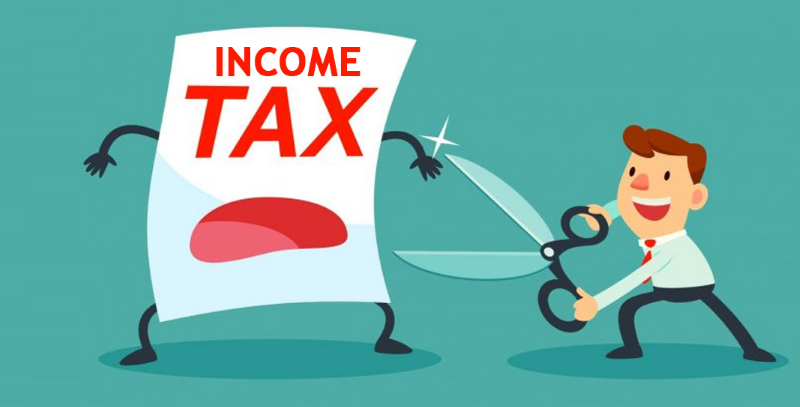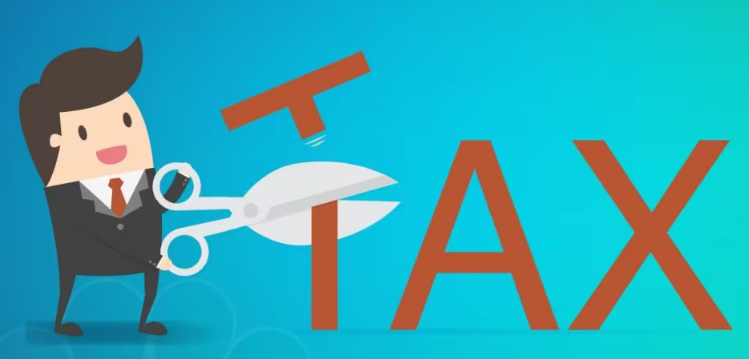Techniques for High-Income Tax Payers to Save Money
Jun 05, 2023 By Susan Kelly
When your income increases, so may your federal and state tax obligations. It's a common misconception that as your income increases, so does your tax liability. Minimizing your tax liability can be minimized by employing one of several tax planning tactics designed specifically for high earners. The trick is to adopt the right ones at the right time, considering your unique financial circumstances. A financial planner can help you minimize your tax liability by adjusting your financial plan.
Reducing your tax burden typically requires a combination of strategies when your income rises. Instead, try a variety of methods to reduce your costs. You can carry out some of these on your own, while others may necessitate the assistance of a financial planner. Some of the most effective tax breaks for high earners are listed here.
1. Deductible Improvements

Expenses incurred while performing one's duties as an employee can be claimed as a tax deduction. This differs from getting a coffee on the way to the office. These are, instead, costs directly associated with bringing in said income. Things like a computer and access to the internet fit the bill.
You can deduct these costs from your taxable income. You must have incurred the cost yourself without receiving reimbursement and have documentation detailing the full extent of the expenditure.
The COVID-19 pandemic has changed what can be deducted from taxable income, such as the cost of working from home or taking a test. Visit the ATO webpage for further details. Up to $27,500 annually can be deducted from your taxable income for superannuation contributions. Additionally, you can deduct any unclaimed retirement plan contributions as of July 1, 2019, from your taxes this year.
Income protection insurance is another approach that might help you save money by reducing your taxable income. If you become disabled and unable to work, this insurance will safeguard your possessions and living standards. You can deduct the yearly total from your taxable income.
2. Think About Making a Roth Conversion
In retirement, eligible withdrawals from a Roth IRA are entirely tax-free. Earning more than a particular amount may disqualify you from making a Roth IRA contribution. However, assets in a traditional IRA can be transferred to a Roth IRA.
You must make a corresponding tax payment at the time of the conversion. After that point, you can take tax-free withdrawals from your Roth IRA whenever you like. You would also be exempt from RMDs until age 72 (or 73 in 2023).
3. Reduce Your Tax Bill On Capital Gains
Capital gains are taxable income earned from the sale of capital assets. You must file a tax return and pay tax on any profits from selling investments. Capital gains tax is not a special tax, despite the name. If you owned an asset for over 12 months, you are eligible for a 50% capital gains tax (CGT) deduction. However, the sale of your primary property is not eligible for the 50% reduction, but there's no need to worry about CGT because of this!
4. Invest In A 529 Plan

A 529 plan is a tax-advantaged savings vehicle to cover post-secondary education costs. While the federal government does not provide a tax deduction for 529 donations, some states do. However, contributions grow tax-deferred, and withdrawals for qualified higher education costs are not subject to taxation.
Your income tax situation may not change, but your estate tax burden may be reduced if you contribute to a 529 plan. For instance, the maximum lump sum contribution to a 529 plan is five times the annual gift tax exclusion limit. If you do this, your money will count toward something other than your taxable estate.
5. Creating a Trust for Your Family
The trustee of a family trust has the authority to decide how the trust's revenue should be distributed among the beneficiaries. The tax benefit occurs when the recipient has a low income and can use a lower marginal tax rate. Importantly, the trustees cannot require the beneficiary to enter into a "reimbursement arrangement" where the distribution is returned to them.
6. Find Alternative Investments
When you make more money later, you might delay paying taxes, thanks to certain investments. In the case of cash-value life insurance, for instance, policyholders can build up a cash value. The growth of the savings is not subject to taxation. If your withdrawals exceed the total amount of premiums you've paid, you won't owe any taxes.
You might use annuities as a tax-saving tool. For instance, if you buy a deferred annuity, payments will start at a certain time. Meanwhile, the annuity's value increases without attracting taxation. If you anticipate being in a lower tax band when you retire, delaying withdrawals until then may be beneficial.








